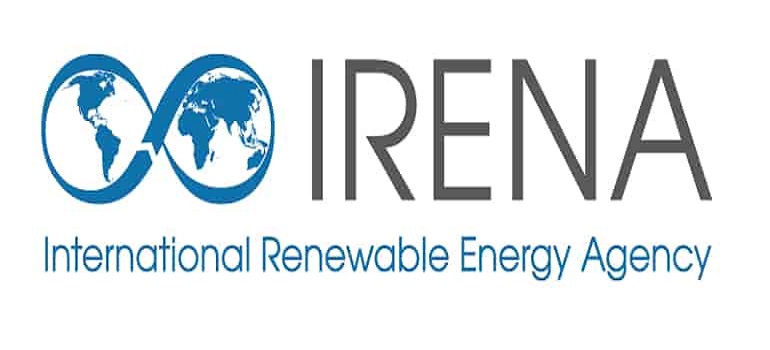Report by International Renewable Energy Agency provides governments with tailored strategies to decarbonize end-use sectors and raise ambition ahead of COP28.
In a bid to accelerate the energy transition and decarbonize end-use sectors, the International Renewable Energy Agency (IRENA) has unveiled a groundbreaking report containing a toolbox of 100 innovative solutions.
These solutions aim to assist governments in tailoring national strategies and cutting emissions in various sectors. By adopting smart electrification strategies, countries can take concrete actions, attract minimal investment, and significantly expedite the transition towards the upcoming COP28 in Dubai later this year.
IRENA’s Director-General, Francesco La Camera, launched the innovation landscape for smart electrification at an event in Brussels, attended by European Commissioner for Energy, Kadri Simson. La Camera emphasized that smart electrification presents a cost-effective approach for governments to enhance economic growth, improve energy security, and mitigate the impacts of climate change. With a myriad of solutions already available for commercialization, the toolbox aims to provide governments with practical options to support their energy sector priorities and decarbonization plans in the run-up to COP28 and beyond.
Kadri Simson, the European Commissioner for Energy, highlighted the importance of reducing dependence on imported fossil fuels, particularly in light of last year’s energy crisis. Simson underscored the European Union’s increased renewables ambitions, which now target 42.5% renewable energy by 2030. To facilitate smart electrification, the EU has implemented policies such as the Electricity Market Design, which accelerates the integration of renewables. Simson echoed the findings of IRENA’s report, stating that the EU’s policy choices align with the necessary steps to drive the energy transition.
According to IRENA’s Outlook, electricity is set to become the primary energy carrier of the future, accounting for over half of global energy consumption by 2050. The cost reduction in renewable electricity generation has propelled progress in the power sector, with renewable installations reaching 40% globally in 2022. In the European Union, nearly 60% of power generation capacity is derived from renewable sources, while renewables contributed approximately 40% of total electricity generation, surpassing gas for the first time. However, the focus now shifts toward electrifying end-use sectors that still heavily rely on fossil fuels.
The report highlights several electric-powered technologies currently available, including electric vehicles (EVs) and heat pumps for buildings and industrial processes. It also explores the potential of indirect electrification, utilizing green hydrogen produced from renewable power, as a means to decarbonize hard-to-abate sectors.
Electrifying the demand necessitates the involvement of all stakeholders across the energy value chain, encompassing both the power sector and end-users. The report emphasizes the need for a systemic approach that combines technological and infrastructural innovations with advancements in market design, regulation, system planning and operation, and business models.
Innovation plays a vital role in reducing costs, attracting investment, and creating new business opportunities. Major economies, such as the United States with its Inflation Reduction Act and the European Union with its Net Zero Industry Act, have implemented substantial stimulus packages, driven by technology innovation and innovative policies, market design, and financing instruments.
The report acknowledges that there is no one-size-fits-all solution for smart electrification. Optimal strategies and the implementation of innovations will vary among countries based on their unique system attributes. To guide countries in utilizing the innovation toolbox effectively, the report provides contextual guidance based on each country’s specific circumstances.
IRENA’s Innovation Week 2023, scheduled for September, will further emphasize renewable solutions in end-use sectors. Together with the newly released report, it aims to drive the global climate agenda at COP28.


